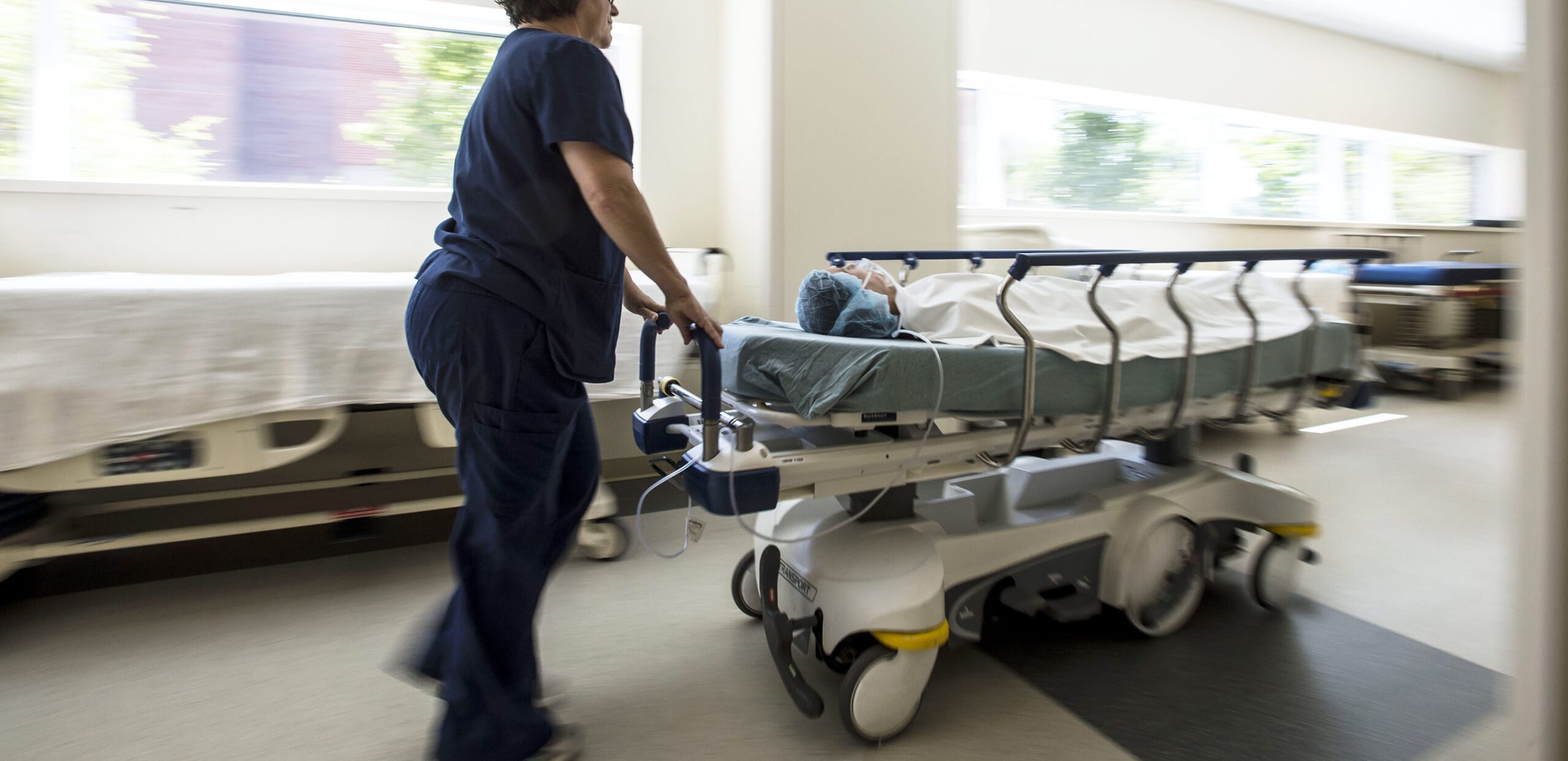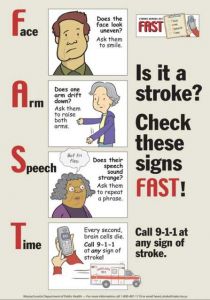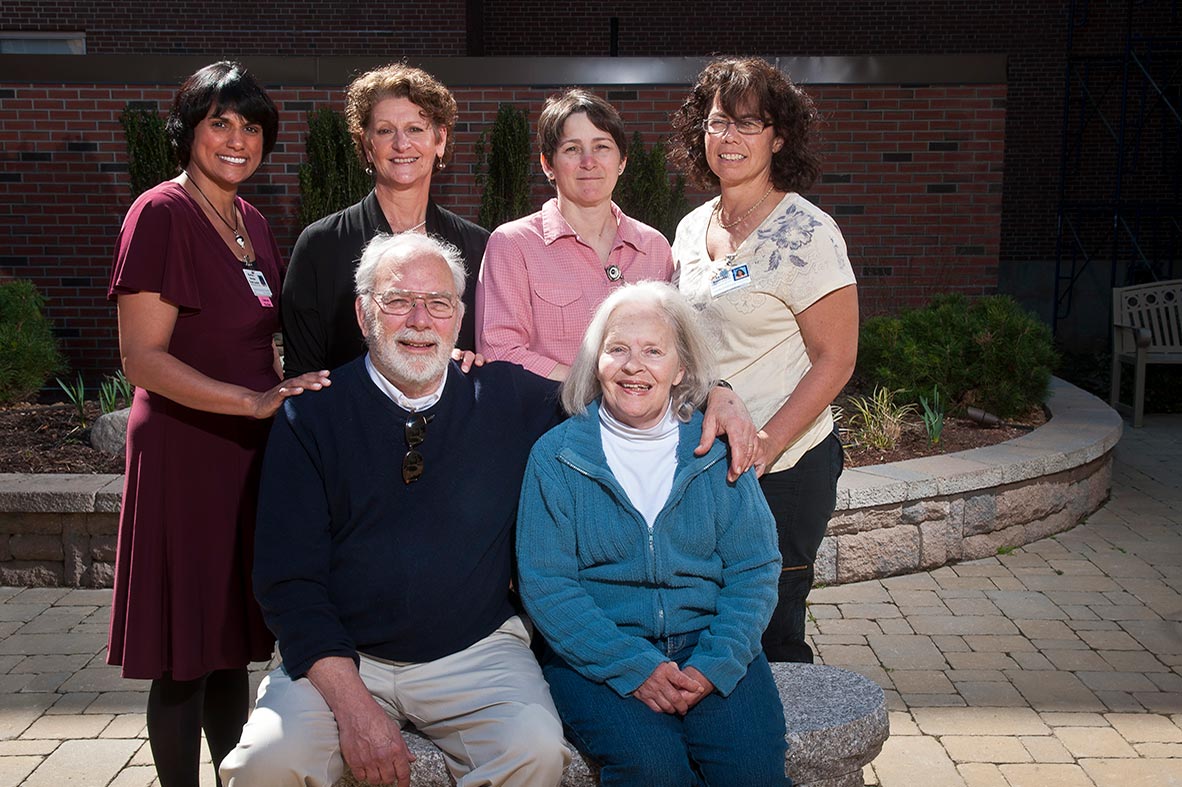Stroke Program
In 2005, Cooley Dickinson Hospital established a multi-disciplinary team to ensure that all stroke patients receive stroke care that exceeds state and national expectations, and that all potential stroke patients arriving at our ED receive rapid assessment, diagnostic testing and treatment. A patient’s safety and health are always our primary focus.
Cooley Dickinson Hospital has been licensed as a Primary Stroke Center that offers fast, award-winning care to patients, by the Massachusetts Department of Public Health. This benefits our community by allowing our patients the best chance for receiving early treatment; the sooner the treatment, the better the outcome. Using this as our prime directive, we strive to make full use of all of the following tools at our disposal:
- Early EMS notification to CDH Emergency Dept using “Stroke Alert” protocols
- EMS is met at ED door by ED Physician for rapid assessment and sent directly CT scan
- Rapid assessment, diagnosis and treatment after return from CT Scan
- IV Administration of tPA, a clot-busting drug, within 45- 60 minutes of arrival for any stroke patient, who is determined eligible
- Real-time consultation with Massachusetts General Hospital neurologists through our TeleHealth program
In 2016, Cooley Dickinson’s Stroke program received the Get with the Guidelines Gold Plus Award/Target Stroke Honor Roll for quality stroke care in 2015.
Cooley Dickinson ED Stroke Protocol
Learn how to recognize a stroke; identify stroke risk factors & tools for prevention; and get a preview of what happens if you are transported to Cooley Dickinson Hospital’s Emergency Department with a suspected stroke.
Stroke Support
In the wake of a stroke, patients can often face a hard, uphill road to recovering lost speech, coordination and other aspects of life once taken for granted. Though the path is almost never easy, if you are a patient who is recovering from a stroke, you can make real progress in regaining lost ability, and Cooley Dickinson is here to help you take the first step.
If you need help rebuilding your abilities after a stroke, Cooley Dickinson offers speech, physical and occupational therapy through our Rehabilitation Department, where trained specialists work with you and your family members to determine your best options upon discharge. We also preventative education to patients and family members and community education programs to promote awareness of signs and symptoms of stroke and the use of emergency medical services.
Learn more about stroke prevention, treatment and recovery at the American Stroke Association website.




